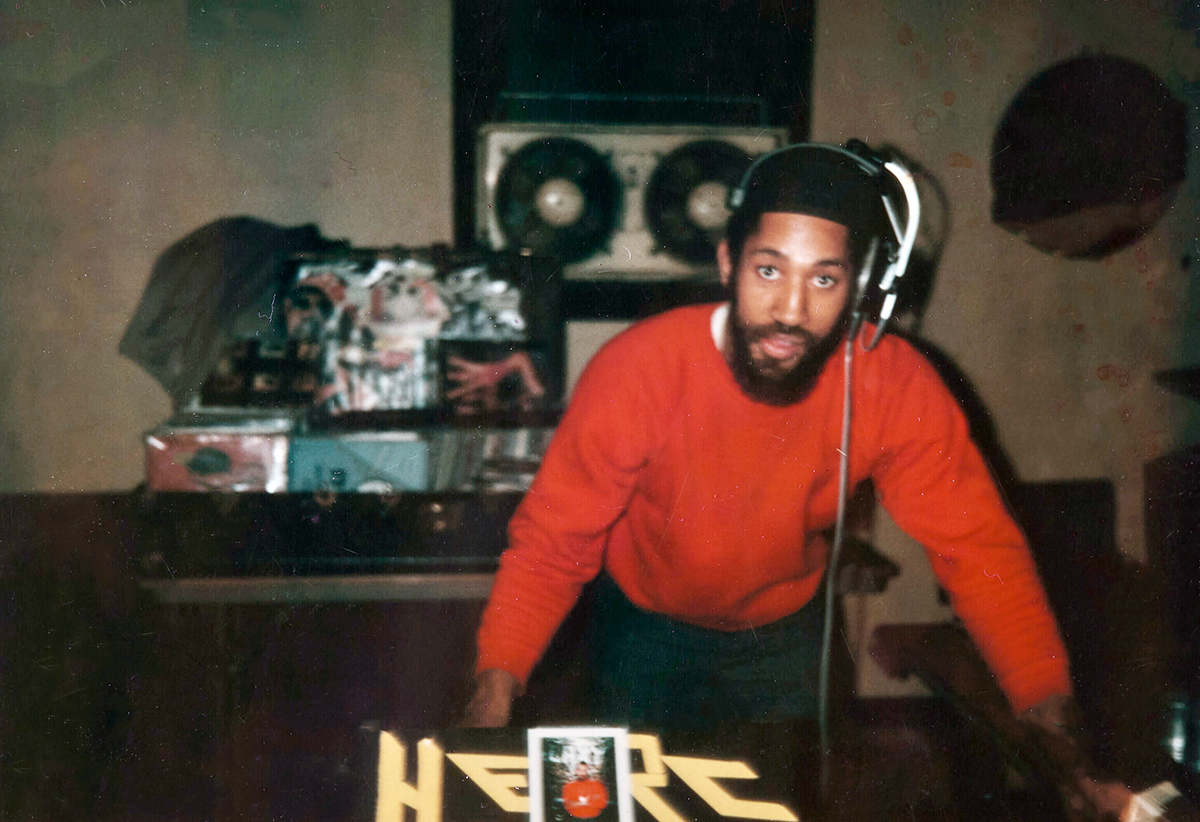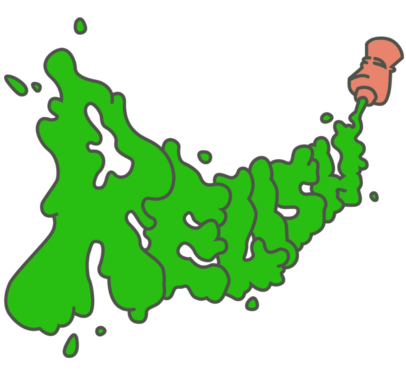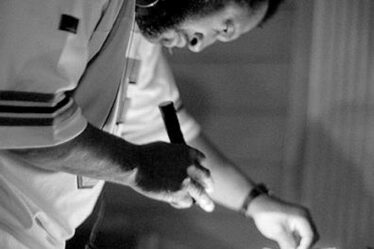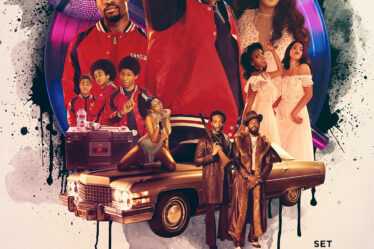
By: Alana Saucier
Not only is the Bronx the birthplace of many successful musical artists, but it is also the birthplace of one of the most popular genres of music: Hip-Hop. The father of Hip-Hop, Clive Campbell, was born and raised in Jamaica until he was ten, where he was exposed to Jamaican Dance Hall music and “toasting,” which is when Jamaican Dance Hall Selectors rap and engage with the crowd. Toasting is very similar to what we recognize as Hip-Hop DJs. When he moved to New York he spent his teenage years spinning records and DJ-ing parties in between sets for his fathers band, all in the Bronx.
“Jamaica’s musical technology of dubbing and toasting would lead to America’s techniques of emceeing and scratching. The ‘sound system’ would become the center of attention in urban areas. These places become the ‘battle grounds’ for youth to show off their skills in hip-hop
Reggae’s Impact on Hip-Hop at debate.uvm.edu
In August of 1973, Clive Campbell (also known as DJ Kool Herc) attended his sister’s back to school party in which she asked him to DJ. The party was held at his apartment building in the Bronx which would later become the birthplace to Hip-Hop. As he was DJ-ing the party, he had the idea to start speaking over the records he was spitting, as it added and went along to the beat of the original music. He observed how the party crowd would react to different parts of what he was playing. People would wait for certain parts of the song that they would have a more ecstatic reaction too, where they would often break out a speciality move to emphasize and distinguish that part of the song. These moments often occurred at the drum breaks, or moments in the record when the vocals and other instruments would depart from the sing, allowing for just pure rhythm. Campbell decided to use two turntables to switch back and forth repeatedly between two copies of the same record, in order to lengthen and emphasize these drum breaks to the crowd’s delight. He called this method the “Merry Go-Round” but today we know it as a “break beat.” The party in August of 73’ is what established Clive Campbell as the Father of Hip-Hop. He created a musical revolution, and six years later his techniques entered Hip-Hop’s vocabulary.
Hip-Hop has managed to stay relevant in our society not just because of the music, but because of its ability to reveal truths and challenge the status quo. It has shaped not only music styles but also fashion, art, entertainment, dance, media, education, and more. These changes in society that came from Hip-Hop have helped to unify people around the world.




Amazing! This article opened my mind regarding how hip-hop dance is a distinctive style of its own. Maybe that’s the reason why my nephew seems interested to learn more about it this summer. I guess he could just attend a class to get things started.
What a fantastic read! This article does such a crystal-clear job of explaining precisely why Kool Herc’s 1973 ‘rec room party’ and his innovative break-beat technique are truly the foundational moments credited with birthing hip-hop. It’s so vital to revisit and celebrate these innovative street roots.
It made me curious though, beyond the magnificent musical innovation With the breaks, were there any particular aspects of the communal ‘vibe’ or environment that Herc specifically fostered at those early parties that felt especially distinct and culturally formative right from the beginning, even before the other recognized pillars of hip-hop blossomed around the music?
And thinking about the incredible figures like Afrika Bambaataa and Grandmaster Flash arriving so very soon after, I’d also be interested to know if scholars have pinpointed specific ways their earliest artistic interpretations or expansions meaningfully branched off from or built upon Herc’s original blueprint, pushing hip hop into certain new creative frontiers even in those very first few years. Absolutely fascinating history!